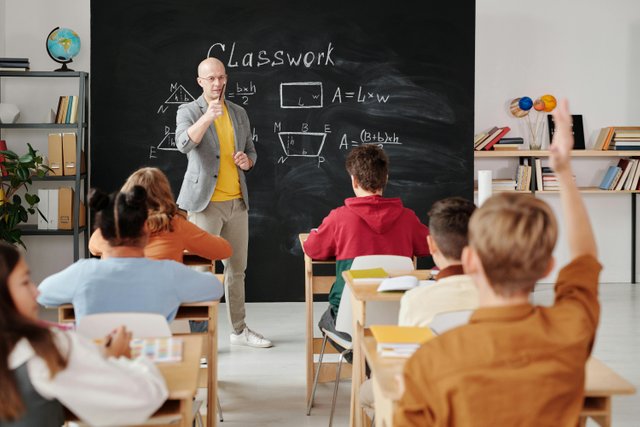Geometry Homework Tips: Enhancing Spatial Reasoning Skills

Introduction
Have you ever wondered how the shapes and spaces around us impact our daily lives? Whether it's navigating the streets, packing a suitcase, or simply arranging furniture in a room, geometry and spatial reasoning play a pivotal role. These skills are not just academic; they are essential life skills. Recognizing this importance, how can students enhance their spatial reasoning skills through geometry homework? This article aims to explore practical tips and strategies to not only tackle geometry homework effectively but also to apply these skills beyond the classroom.
Dealing with Challenges in Geometry
It's normal to face challenges while learning geometry. Some common difficulties include understanding abstract concepts, visualizing complex shapes, and applying theories to solve problems. Overcoming these challenges often requires going back to basics, seeking additional help through tutoring or online resources, and most importantly, practicing consistently.
In today’s academic landscape, students encounter a variety of challenges beyond just geometry, from complex assignments and research papers to writing comprehensive essays. In such cases, finding help with geometry and other subjects becomes crucial. Services like EduBirdie provide indispensable assistance, offering a wide range of services tailored to students' needs, including editing papers. Their support can be a game-changer, ensuring that students not only excel in geometry but in all facets of their academic journey.
Encouraging a growth mindset—the belief that abilities can be developed through dedication and hard work—is crucial in learning geometry. Struggles and failures are part of the learning process. Celebrate small victories and learn from mistakes. Remember, many successful scientists, engineers, and mathematicians once faced the same challenges and overcame them through perseverance and a positive attitude.
Understanding the Basics of Geometry
Key Concepts and Terms
Geometry, at its core, is about understanding the properties and relations of points, lines, angles, surfaces, and solids. It starts with basic concepts such as shapes, sizes, and the relationships between them. Why bother with these basics? Because they are the building blocks for more complex ideas and assignment help applications in both academic fields and real-world scenarios. Getting comfortable with these terms and concepts through homework can set a strong foundation for more advanced learning.
The Importance of Visualization
Visualization is a crucial skill in geometry. It involves picturing shapes, movements, and transformations in your mind's eye. How can homework help with this? By engaging with diagrams, constructing shapes, and solving problems that require mental rotation and manipulation, students can significantly enhance their visualization skills. Visualization not only aids in solving geometry problems but also enhances overall spatial reasoning ability.
Strategies for Effective Geometry Homework
Approaching geometry homework with the right strategies can make a significant difference in understanding and skill development. Start by thoroughly reading each problem and identifying what is being asked. Draw diagrams or use physical models to visualize the problem better. Don't rush; take your time to explore different approaches. Practice regularly, as repetition solidifies understanding and helps in recognizing patterns and solutions more quickly.
Tools and Resources to Aid Learning
In the digital age, numerous tools and resources can support learning geometry. Websites and apps like Khan Academy, Geogebra, and DragonBox offer interactive lessons and exercises that make learning fun and engaging. Physical tools, such as geometric shape sets, protractors, and compasses, are also invaluable for hands-on practice. Utilizing these resources can make homework sessions more productive and enjoyable.
Enhancing Spatial Reasoning Beyond Homework
Homework is just one part of the learning process. Activities such as playing strategy games, engaging in sports, and even participating in arts and crafts can significantly enhance spatial reasoning skills. These activities require thinking in three dimensions, planning movements, and visualizing outcomes—skills directly transferable to geometry and beyond.
Encouraging a Growth Mindset
A growth mindset—the belief that abilities can be developed through dedication and hard work—is crucial in learning geometry. Struggles and failures are part of the learning process. Celebrate small victories and learn from mistakes. Remember, many successful scientists, engineers, and mathematicians once faced the same challenges and overcame them through perseverance and a positive attitude.
Conclusion
Geometry homework, when approached with the right mindset and strategies, can significantly enhance spatial reasoning skills. It's not just about solving problems on paper; it's about developing a skill set that's applicable in real-life scenarios. Utilizing available tools and resources, engaging in activities beyond homework, and maintaining a growth mindset can make the journey of learning geometry a rewarding experience. So, dive into your next geometry homework session with confidence, knowing that you're building skills that will serve you well beyond the classroom.